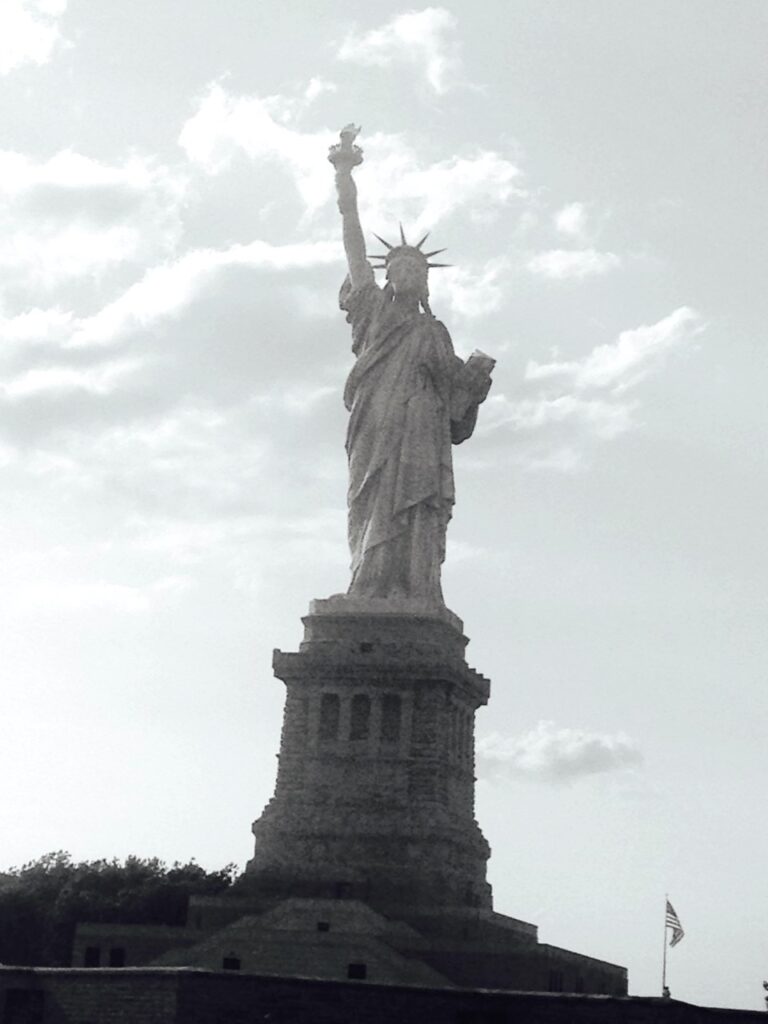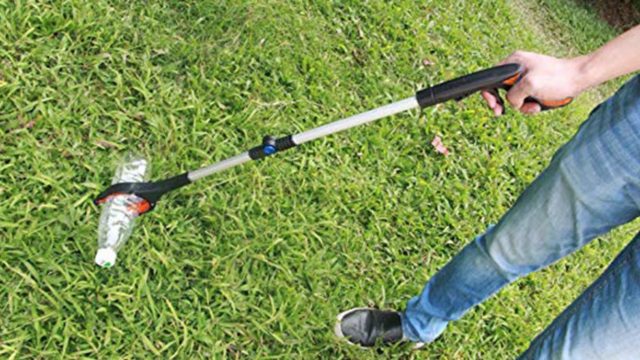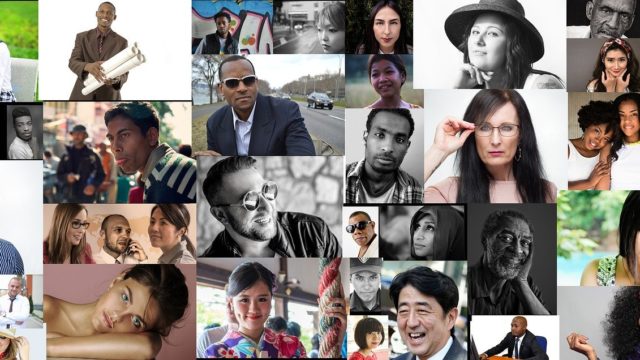
“Blessed are the meek: for they shall inherit the earth.” Matthew 5:5.
The last two years are without question the most unusual years of the 21st century. With surprise, alarm, disorder, and panic as a backdrop, the ordinariness of life stands out. I want, therefore, to celebrate the normal rather than the above-normal. To that end, I want to recognize someone who didn’t just go above and beyond this last year, she also went below and beneath. By this I mean she kept and maintained normalcy in the day-to-day life during a very chaotic time. She is someone who in her normalcy provided a glimpse for why the human spirit will triumph in the end.
Like a large portion of working professionals, her employers required my wife Jane to switch to working from home. It was psychologically and practically a disruptive event. Yet, her only real complaint was that she was less productive at home because the wi-fi speed of our internet was slow. Gradually, however, she adjusted to the slower rhythm even though it produced longer times spent at “work.” After a few weeks, she appreciated the rewards of being home. These included things she could let go, such as the need to commute, to dress-up, to be punctual. It also included things she didn’t know she missed, such as the comfort of being home, taking a break, snacking, catching up on the news at any moment. The result was a gradual switch and change. She was still not as productive, but she was enjoying her routine much more.
My wife suffered health problems following a trip to Australia in 2018. She was, therefore, in a high-risk group for catching the coronavirus. Because of this we decided, from the start of the pandemic in March 2020, to have her avoid contact with people as much as possible. She stayed home and away from crowds, and did most of her social contact through phone and zoom. It fell to me to do the grocery shopping and other activities requiring leaving the house. She went along with little complaining, and once again transformed the normal and naturalness of her social life into a constricted and cartoonish version of it. As the months rolled by, it became clear this new life would be less temporary than we imagined. She adjusted and did not grow depressed or anxious. She turned to her faith to provide the strength to bear the negativity and transmute it into a hopeful future. Her adaptiveness was a show of strength that bolstered my spirit.
I want to recognize my wife, Jane, whom I love and admire, as someone who did the nearly impossible – maintain a normal life and a confident purpose these last two years of the pandemic. By doing so, she showcased the strength and resiliency in all of us. In a similar way, many of you persevered and now look forward to a more normal future. Likewise, the triumph of President Joe Biden and Vice President Kamala Harris this year was a victory of the American spirit over the darkness that had descended over our country. While the dark clouds have not totally dissipated, it is easier to see the sunlight.
We have been through a lot during this pandemic, but there is clearly a human spirit that is indomitable. We must, above all, keep the optimistic flames going by celebrating every act of normalcy we can, along with acts of kindness and acts of love!




